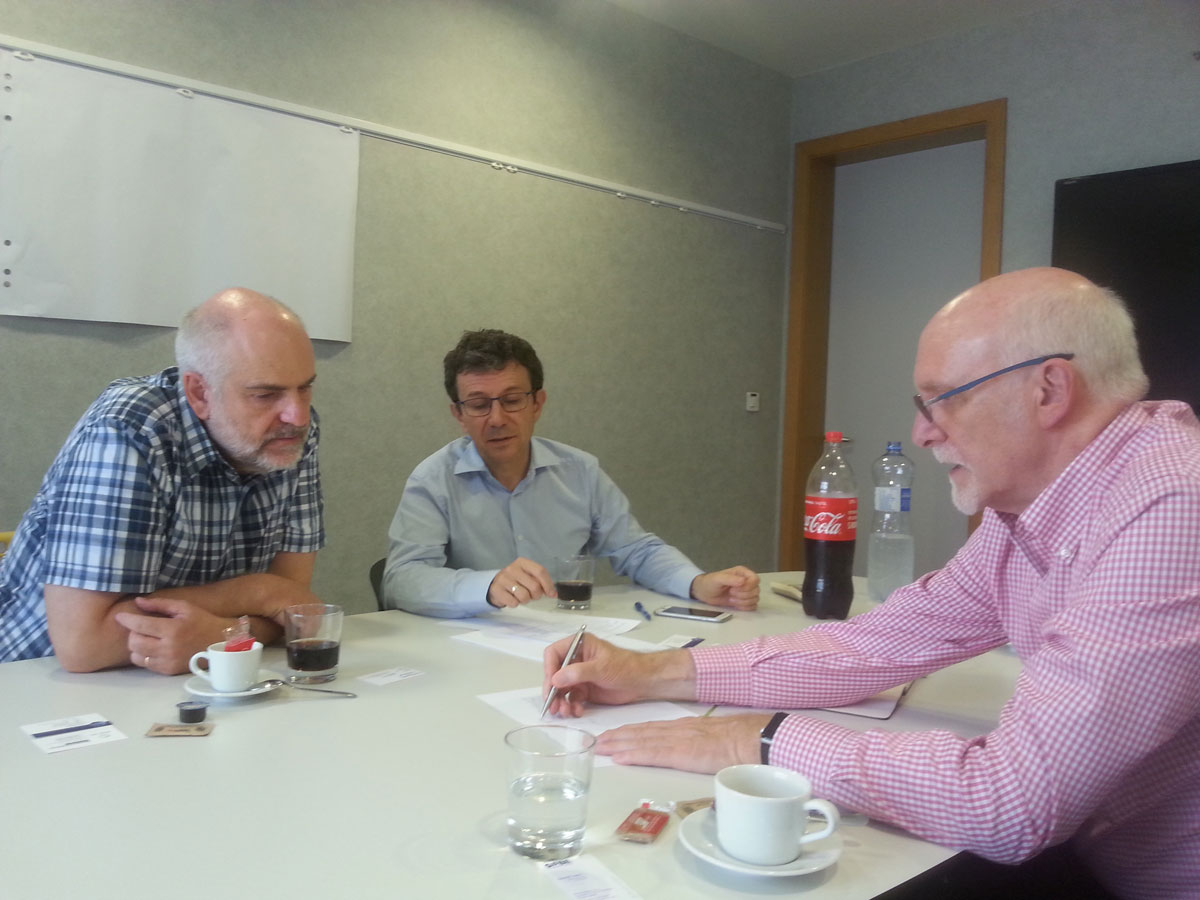Last week I was in discussion with an eminent University professor who asked me:
“After over 40 years in the industry, John, what advice would you give to a younger engineer or consultant just getting started?”
A good question. I pondered for a moment and reeled off a few thoughts. But over the weekend I considered the question more deeply as I am mentoring some younger professionals. I came up with a list of 20 tips. Here they are:
- Define your values and if possible, work for an organisation whose values reflect your own.
- Try to focus on what interests you, what you are passionate about and what you are good at.
- Learning how to think is a vital skill.
- Capture original ideas/thoughts. Write them down. Use your creativity. Follow your thoughts to a conclusion.
- Have an enquiring mind. Ask questions. Always ask: “why?” and again, listen.
- Never lose the love of learning.
- Present solutions not problems. A good employee tries to find a solution first before pushing it upwards.
- Develop your people skills - a key one is to become a good listener. You will learn more through listening than talking or interrupting. You will make more allies, people will feel valued and more likely to respect you.
- Be courteous, irrespective of provocation or how you are treated.
- Be discreet with privileged information.
- Remember Napoleon’s advice: “Never attribute to malice which can easily be attributed to incompetence.” Don’t take things personally. People are often thoughtless, hurried, lazy or inept rather than malicious.
- Most people leave bosses not their jobs. Be a good boss and if you can, find a good boss.
- Peter Drucker said: “Management is doing things right; leadership is doing the right things.” The right things involve having a moral compass and a sense of what is important. Focus on what really matters.
- The Royal Military Academy at Sandhurst has the motto is “Serve to Lead” and Max de Pree said: “The first responsibility of a leader is to define reality, the second is to serve the team and the last is to say thank you.” Leadership is about serving people, not lording it over them.
- Give credit where it is due. Harry S. Truman said: “It is amazing what you can accomplish if you do not care who gets the credit.”
- William Bruce Cameron, Einstein and others are attributed with the quotation: “Not everything that counts can be counted, and not everything that can be counted counts.” Many managers count the pennies in their so-called productivity measures and cost cutting exercises, whilst ignoring the value of employees’ goodwill.
- Get organised and make better use of time. Find the tools that work for you, e.g. to do lists, methods for overcoming procrastination etc. And where appropriate don’t be afraid to say no, or negotiate on task scope or deadline.
- Develop good email etiquette (check internet for advice on effective email communication). Never send an email when angry. And ask yourself “Will this email make things better or worse? Am I prepared for this message to be more widely circulated?”
- The principle of obliquity states that your objectives are best met indirectly. If you focus on the welfare and needs of others, what you seek often comes to you indirectly.
- Find a mentor who knows you and whom you respect and trust. Especially when making big decisions. Take your time, though be aware often you will have to make a decision without all the information you would like.

